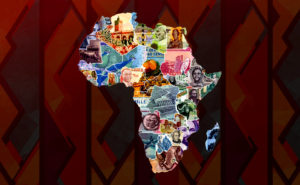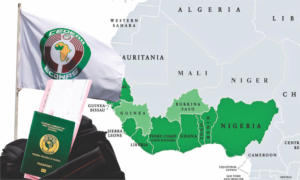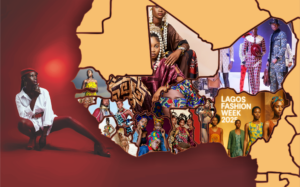Nigeria’s Economy: Balancing Reform Promises with Harsh Realities under the Renewed Hope Agenda
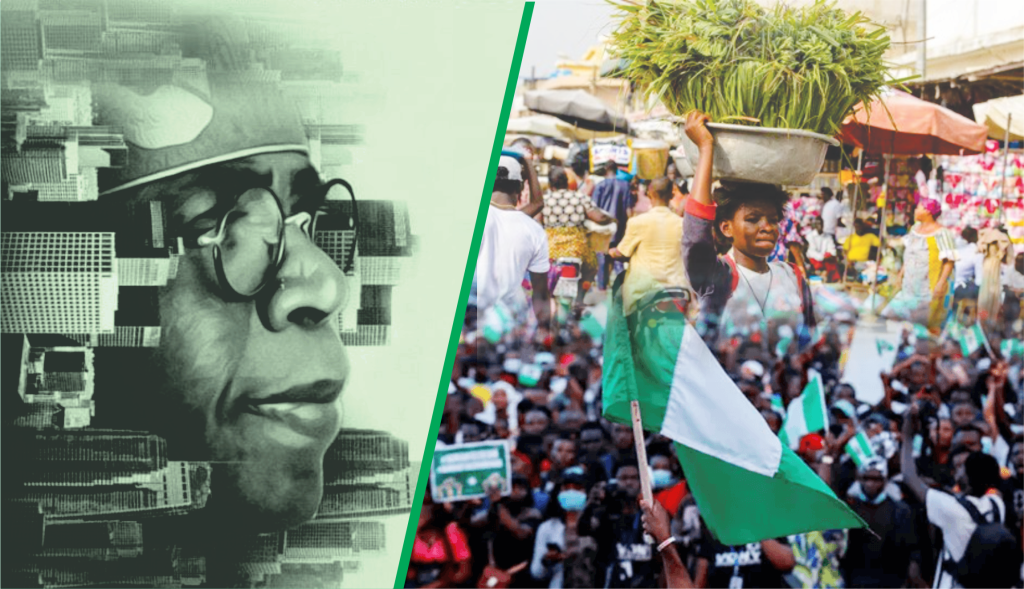
Despite maintaining its position as Africa’s largest economy by GDP, Nigeria continues to face severe socioeconomic challenges. Real wages have stagnated while inflation and insecurity erode purchasing power, leaving many citizens unable to afford basic necessities such as food and housing. Widespread poverty persists amid abundant natural and human resources, highlighting a growing disconnect between macroeconomic indicators and citizens’ lived realities. Low rankings in global development indices like the Human Development Index (HDI), coupled with inadequate healthcare and education systems, underscore the country’s deep structural issues.
861 days and counting into President Bola Ahmed Tinubu’s administration, Nigeria’s economy though advancing in statistical data, it still stands at a critical crossroads. Branded under the President’s – Renewed Hope Agenda, his government’s bold economic reforms, spanning fuel subsidy removal, foreign exchange liberalization, the newly introduced/incoming tax net expansion regime and public sector restructuring, have reshaped and would reshape the economic landscape. Yet, macroeconomic indicators show mixed signals, with lingering questions: are the transformative ambitions translating into tangible relief for the ordinary Nigerians? Are the economic frameworks and policy shifts happening in the homefronts and on the tables of the average Nigerians?
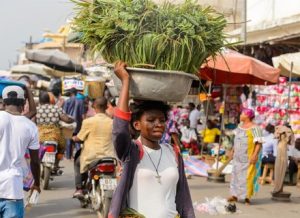
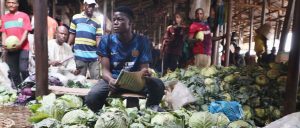
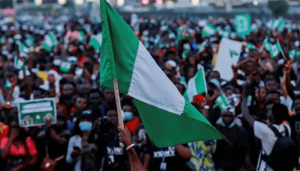
At the heart of the Renewed Hope Agenda is a push toward market liberalization and fiscal sustainability. The removal of fuel subsidies, long seen as a fiscal drain, was designed to free government revenues for infrastructure, education and healthcare, yet 860 days and running, the captains of each Nigerian State have not delivered the benefits of the subsidy removal, even though state governors have been receiving disbursement from FAAC-(Federation Accounts Allocation Committee) on a monthly bases.
Simultaneously, the Central Bank of Nigeria (CBN) introduced exchange rate unification to stabilize the naira, attract foreign investment and curb arbitrage. In theory, these reforms align with international best practices and the prescriptions of global financial institutions like the IMF and World Bank. They aim to restore investors’ confidence, improve transparency and integrate Nigeria more deeply into global financial systems. The immediate consequences such as rising inflation, declining purchasing power, volatile exchange rates and struggling MSMEs/SMEs, cast a shadow over the long-term vision, manifesting the economic harsh reality across the Nigerian sociocultural dynamics.
Also, the external pressures on Nigeria’s economic trajectory cannot be isolated from the regional context. As the largest economy in Africa and a key member of ECOWAS, Nigeria’s stability directly influences West Africa’s growth outlook. The country’s trade and energy policies affect neighboring nations reliant on its markets and remittances.
Yet, regional instability from political crises in Niger, Mali and Burkina Faso to shifting security alliances, has strained economic cooperation. The ECOWAS bloc faces a test of unity as sanctions, migration pressures and security challenges complicate collective economic progress. Nigeria’s leadership role, once uncontested, is now subject to renewed scrutiny as it balances domestic hardship with diplomatic responsibilities.
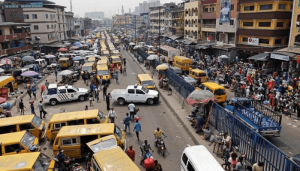
In the business and investment climate sector, even for local entrepreneurs, reactions to Tinubu’s reforms have been mixed. On one hand, investors have praised the administration’s willingness to tackle structural inefficiencies. The World Bank and several multinational corporations have signaled cautious optimism, noting potential long-term gains if fiscal discipline endures. On the other hand, many local businesses, especially small and medium enterprises (SMEs) have been receiving back-strokes of the short-term impact as ongoing punishment. The cost of energy, transportation, property rental, storages and imported goods have surged. Production costs have skyrocketed, forcing firms to downsize or shut down entirely. The formal sector faces rising uncertainty, while the informal economy expands as citizens adapt to survive outside formal structures.
From the human and social dimension, beneath the macroeconomic data, lies a profound human story. Inflation hovering around record highs, has eroded household incomes. Food prices have doubled in many urban centers, most families who usually could feed on petty-daily-income beg today, because the cost of basic goods and staple food continues to rise faster than wages, even in the hard-discount stores. Families are adjusting to a new reality, fewer meals or no more than one manageable meal a day, reduced schooling opportunities and a decline in quality of life.

The strain on social cohesion is palpable. Migration pressures are increasing, with young Nigerians seeking opportunities abroad, and many other families fleeing the country without proper preparatory-calculation of immigration-settlement in where they are relocating to: and for those who do not have any ounce of opportunity to relocate or flee from Nigeria, are stuck in the day-to-day management life in the believe and self-trust of “one-day-at-time”. On the blurred side of this circumstantial mirror, communities once buoyed by shared resilience now grapple with widening inequality and growing disillusionment. The promise of the “Renewed Hope” feels distant for many who struggle daily to meet basic needs.
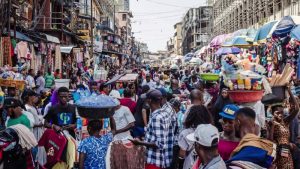
In respect to the cultural and political implications, the hardship has sparked a wave of reflection across Nigerian society. Artists, musicians, writers, stage acts, etc., are increasingly channeling economic frustration into creative expression, echoing earlier eras of social commentary during national transitions. These narratives highlight both the resilience and restlessness of a generation demanding accountability and inclusivity.
Politically, the reforms have redefined the national discourse. While some supporters wallop in economic penury and pain, some other supporters hail President Bola Ahmed Tinubu’s courage in taking politically unpopular decisions, arguing that short-term pain is the price of sustainable growth. Contrarily, critics and the street-actors accuse the government of implementing reforms without adequate safety nets for vulnerable populations. Labor unions, civil society organizations and opposition parties continue to pressure the administration for immediate ease of the economy, transparent fiscal management, accountability and palliatives.
Looking ahead, for many people between hope and hardship the road ahead remains uncertain, even as Nigerians perceive the tussling drama depicting how 2027 transition might become. Some wondering already in pain that this same government would rule again.
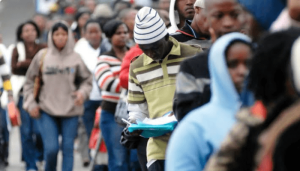
The success of the Renewed Hope agenda hinges on implementation, discipline, institutional reform and citizens’ trust. However, policies must transition from abstract frameworks to human-centered outcomes, where economic stability translates into food on every families’ tables, jobs for youths, ease of local entrepreneurship and renewed faith in governance.
International observers see Nigeria’s reforms as potentially historic, capable of repositioning the nation as a model for African resilience and reform-driven growth. But at home, patience is wearing thin. To the average Nigerian, hope is not measured in policy speeches or fiscal reports. It is measured in the cost of rice, the price of fuel, the ease to pay bills, employment generation, ability to live with dignity, availability of social welfare, provision of basic amenities, infrastructural development, etc.
In the end, the true test of Tinubu’s economic revolution will not be in charts or forecasts, but in the everyday lives of Nigerians that it aims to uplift.



